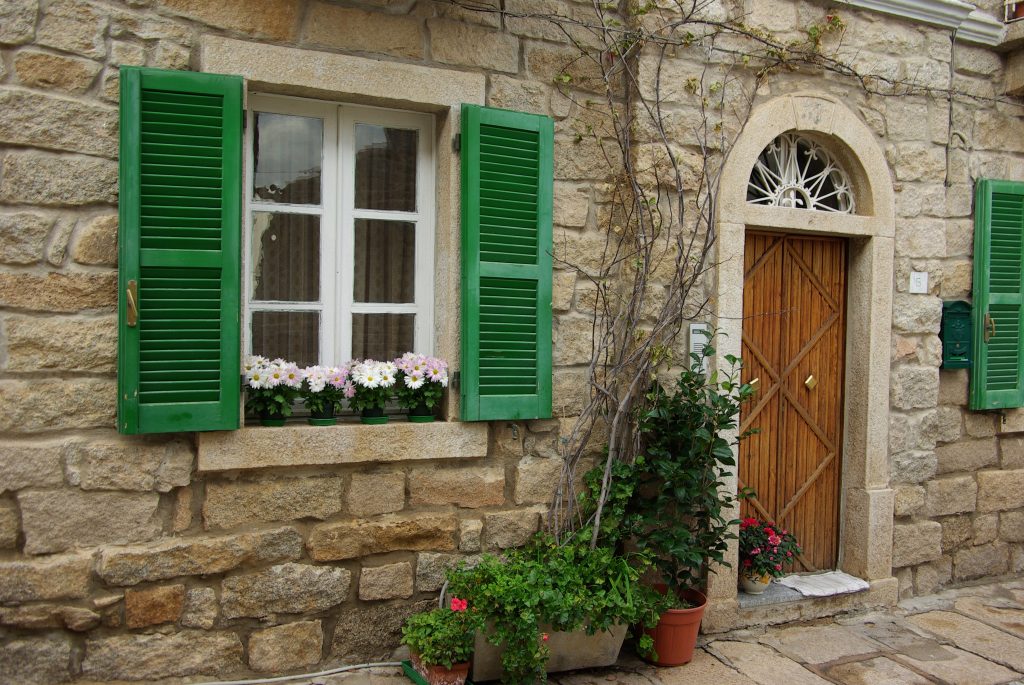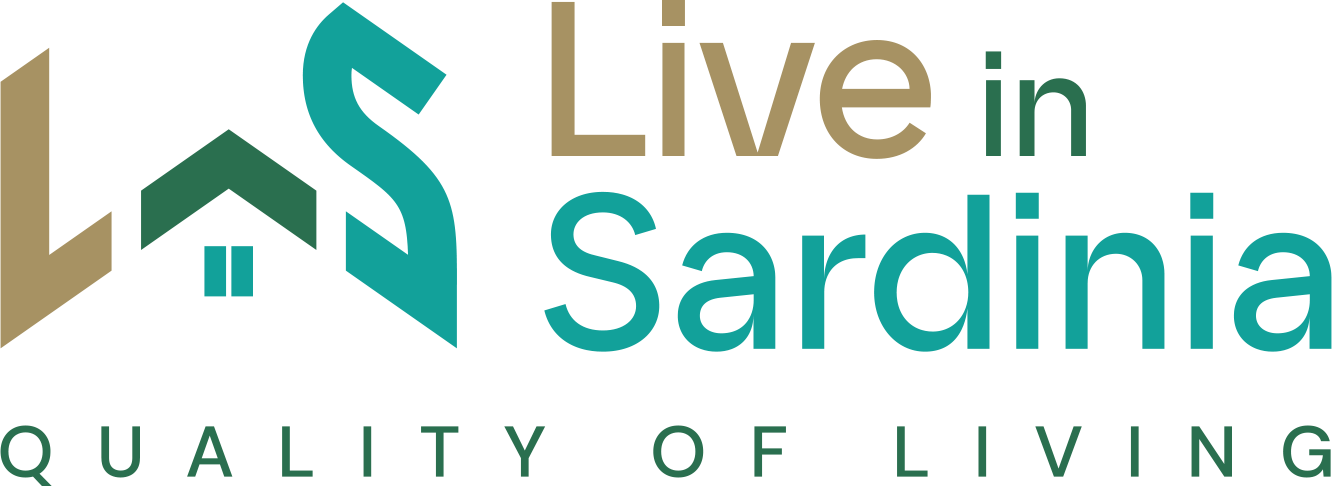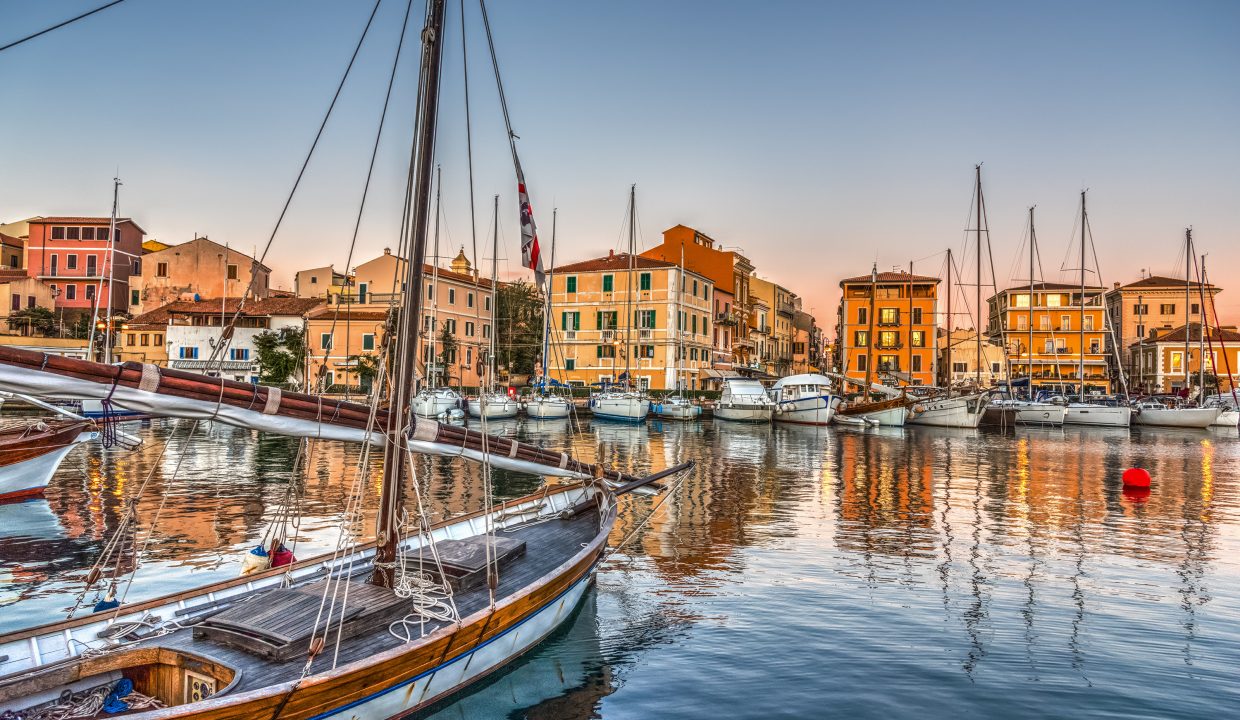Buying a house in Italy? Why not Sardinia!
Buying a House in Italy (and Sardinia): A Clear, Step-by-Step Guide
By Demuro Immobiliare / Live In Sardinia — established 2004
Buying in Italy can feel complex—new rules, new documents, new customs. With the right local partner, though, the journey becomes smooth, transparent, and secure. Since 2004, Demuro Immobiliare / Live In Sardinia has guided international clients across every phase—from search to deed—through a trusted network of notaries, surveyors/architects, builders, and accountants.
Why work with a local, bilingual agency?
- We bridge cultural and legal differences and explain what’s normal in Italian transactions.
- We coordinate the due diligence (planning, cadastral, and legal checks) with qualified professionals.
- We manage the timeline and paperwork, so you can focus on the home you love.
The 3 phases of the Italian purchase process
1) Finding the right property
Viewings and advice are free (unless otherwise agreed). If a match isn’t found, no commission is due for time or information provided.
2) Offer to Purchase → Preliminary Contract (“Compromesso”)
- Offer to Purchase: a unilateral proposal, typically valid 7–15 days, for the seller to accept or decline.
- Preliminary Contract (Compromesso): a binding promise to complete the sale. It mirrors the key terms of the final deed (parties’ consent, object, price, timelines, conditions).
- Deposit: commonly 10%–30% of the agreed price; penalties can apply to unjustified withdrawal.
- Agency commission: once an offer and/or preliminary is signed by both parties, the fee is typically 2%–5% + VAT (or a fixed amount agreed in advance).
With Demuro Immobiliare / Live In Sardinia, the commission amount, timing, and payment method are agreed upfront to avoid surprises.
3) The Notarial Deed (“Rogito”)
After acceptance/Compromesso, your agent coordinates: the Codice Fiscale (tax code), registration of the preliminary (if executed), the notary quote and deed scheduling, and tax estimates based on the property and your buyer status (primary vs second home; private vs company seller). At the deed, the notary verifies title, charges, compliance, and transfers ownership.
Ownership costs: IMU & TARI
IMU: since 2020, former TASI was merged into IMU. IMU is due based on municipal rules and property use. TARI (waste tax) is separate and depends on occupants and floor area. We provide a personalized cost sheet for your property and municipality.
Selling later? Capital gains overview
- If a private individual sells within 5 years of purchase/construction, the gain is generally taxable—unless it was your main residence for most of the period.
- You can choose the 26% substitute tax at the notary on the day of the deed, or ordinary income taxation. Sales after 5 years are typically exempt for private individuals (per current law).
This section is informational, not tax advice. We’ll connect you with a qualified tax professional for tailored guidance.
Mini-FAQ
Do I pay the agent for viewings?
Typically no—viewings and advice are free unless agreed otherwise. The agency fee is due once both parties sign an offer and/or preliminary.
How much deposit is standard?
Usually 10%–30% of the agreed price, specified in the preliminary contract.
Which local taxes will I pay as owner?
Since 2020, IMU (which absorbed TASI) and TARI (waste tax). Details vary by municipality; we’ll provide specific estimates for your property.
If I sell, is there capital gains tax?
Private sales within 5 years are generally taxable; you may opt for a 26% substitute tax at the notary or ordinary income tax. Sales after 5 years are typically exempt (per current law).
Start Your Search: Handpicked Listings
Explore a few good options to understand styles and areas. Each link uses clear wording so you know exactly what you’ll find.
- Country homes in Gallura (stazzu style)
- Sea-view homes in Porto Istana (near Tavolara)
- Gallura country home — Ref. Carana
- Sea-view homes in Olbia (close to services)
- Aglientu farmhouse (north coast, Rena Majore)
- Buildable land in the Olbia area
- Villas in Budoni (family-friendly beaches)
- Olbia farmhouse — Cuncosu
- Luogosanto farmhouse — Ref. Biagio 1
- Country houses in San Pantaleo (artist village)
Simple Price Guide
These are helpful estimates (not quotes). Final prices depend on exact position, sea view, plot, and condition.
| Area / Type | Typical Asking Range (€) |
|---|---|
| Gallura — Country home / stazzu | 280,000 – 650,000 |
| Olbia — Sea-view home | 420,000 – 1,100,000 |
| Porto Istana — Sea-view villa | 650,000 – 1,600,000 |
| Budoni — Villa | 380,000 – 950,000 |
| San Pantaleo — Country house | 600,000 – 1,500,000 |
| Aglientu — Farmhouse / country villa | 320,000 – 900,000 |
| Olbia area — Buildable land | 90,000 – 350,000+ |
| Costa Smeralda prime (Porto Cervo, Cala di Volpe) | 2,000,000 – 10,000,000+ |
Next step: tell us your budget and a preferred area. We’ll send 3–5 good matches and a simple cost outline.

